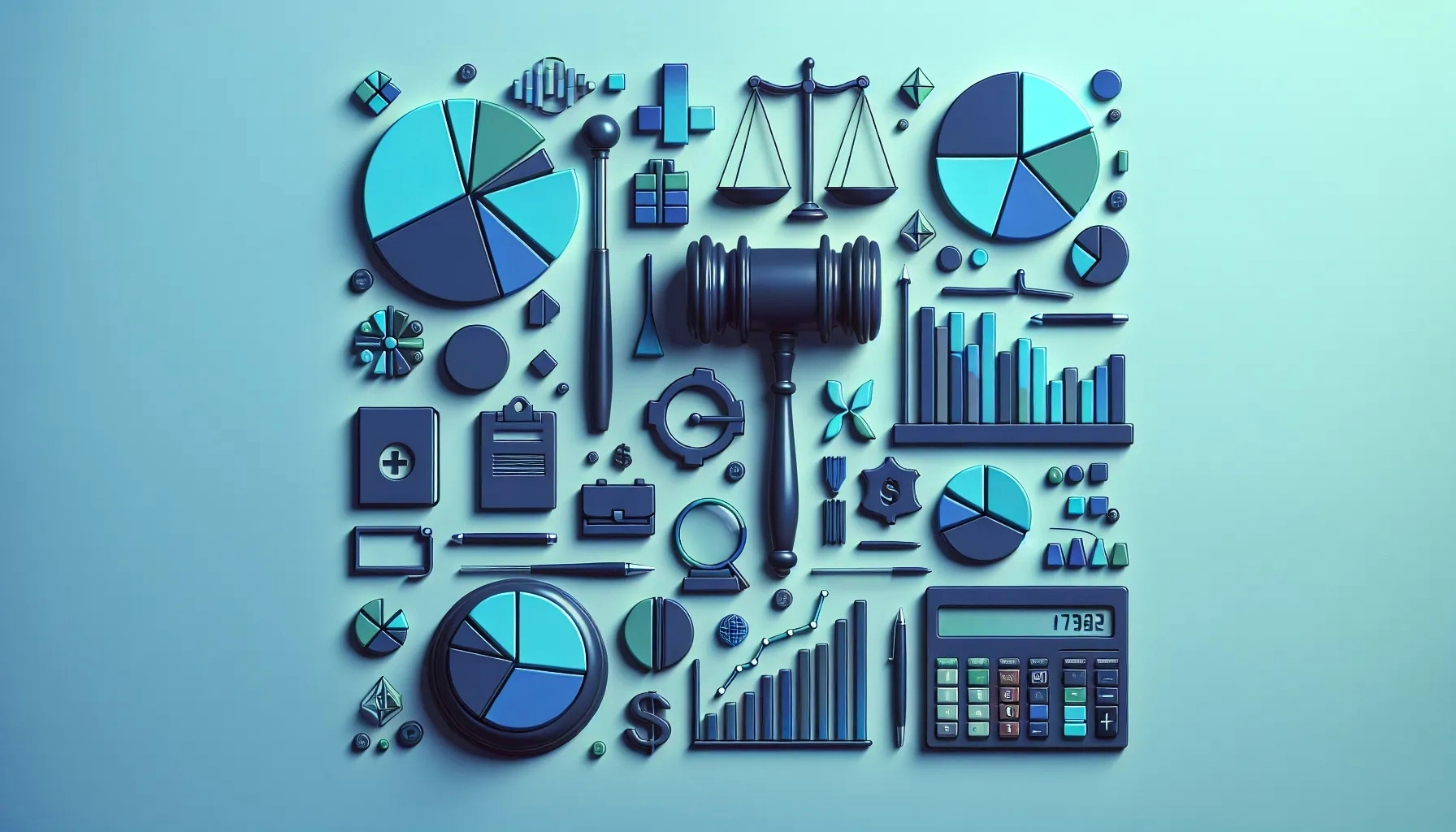Roles of Economists in Policy Making
Economist Zone

Welcome to our deep dive into the crucial roles economists play in policy making. This blog post will explore the significant influence economists wield in shaping policies that impact our daily lives. We will delve into the various ways economists contribute to policy making, from providing valuable insights to forecasting potential outcomes of proposed policies.
The Role of Economists: An Overview
Economists hold a pivotal position in policy making. They offer invaluable insights into the economic implications of proposed policies. Their expertise helps in understanding the potential impacts of these policies on various sectors of the economy.
Economists also play a crucial role in forecasting the potential outcomes of proposed policies. They use economic models to predict the possible effects of these policies on the economy. This forecasting helps policymakers make informed decisions about the implementation of these policies.
In addition, economists contribute to policy making by providing data analysis. They collect and analyze data related to the economy and use this information to inform policy decisions. This data analysis is crucial in understanding the current state of the economy and predicting future trends.
Economists and Economic Forecasting
Economists play a crucial role in economic forecasting, which is a vital part of policy making. They use economic models to predict the potential impacts of proposed policies on the economy. This forecasting helps policymakers make informed decisions about the implementation of these policies.
Economic forecasting involves predicting the future state of the economy based on current and historical data. Economists use various methods and models to make these forecasts, including econometric models, time-series analysis, and scenario analysis.
These forecasts provide valuable insights into the potential impacts of proposed policies on the economy. They help policymakers understand the possible effects of these policies on various sectors of the economy, including employment, inflation, and economic growth.
Economists and Data Analysis
Economists also play a crucial role in data analysis, which is a vital part of policy making. They collect and analyze data related to the economy and use this information to inform policy decisions.
Data analysis involves examining, cleaning, transforming, and modeling data to discover useful information. Economists use this information to understand the current state of the economy and predict future trends.
This data analysis is crucial in policy making. It helps policymakers understand the current state of the economy and the potential impacts of proposed policies. It also helps them make informed decisions about the implementation of these policies.
Economists and Policy Evaluation
Economists are instrumental in policy evaluation, another critical aspect of policy making. They assess the effectiveness of implemented policies and provide recommendations for improvements.
Policy evaluation involves assessing the outcomes of implemented policies to determine their effectiveness. Economists use various methods to evaluate policies, including cost-benefit analysis, impact evaluation, and performance evaluation.
These evaluations provide valuable insights into the effectiveness of implemented policies. They help policymakers understand the impacts of these policies on the economy and provide recommendations for improvements.
Economists and Policy Advice
Economists provide valuable policy advice to policymakers. They use their expertise in economics to provide insights into the potential impacts of proposed policies.
Policy advice involves providing recommendations to policymakers based on economic analysis. Economists use their knowledge of economics to provide these recommendations, which help policymakers make informed decisions about the implementation of proposed policies.
This policy advice is crucial in policy making. It helps policymakers understand the potential impacts of proposed policies on the economy and make informed decisions about their implementation.
The Future of Economists in Policy Making
The role of economists in policy making is likely to become even more important in the future. As the world becomes more complex and interconnected, the need for economic analysis in policy making will only increase.
Economists will continue to play a crucial role in economic forecasting, data analysis, policy evaluation, and policy advice. They will also need to adapt to new challenges and opportunities, such as the increasing importance of data science and artificial intelligence in economics.
The future of policy making will require economists to use their expertise in new and innovative ways. They will need to continue to provide valuable insights into the economy and contribute to the development of effective and efficient policies.
Wrapping Up: Economists and Their Indispensable Role in Policy Making
Economists play a pivotal role in policy making, providing invaluable insights, forecasts, and advice. Their expertise in economic analysis and forecasting is crucial in shaping policies that impact our daily lives. As we look to the future, the role of economists in policy making will only become more critical. They will continue to influence the development of effective and efficient policies, shaping the future of our economy and society.